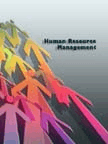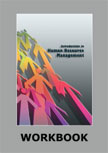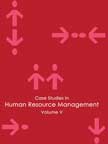Whole Foods Market's Unique Work Culture and Practices
|
Case Details:
»
Human Resource, Organization Behavior Case Studies 
Custom Search
Please note: This case study was compiled from published sources, and is intended to be used as a basis for class discussion. It is not intended to illustrate either effective or ineffective handling of a management situation. Nor is it a primary information source. Chat with us  Please leave your feedback 
|
||||||
|
"Whole Foods is a social system. It's not a hierarchy. We don't have lots of
rules handed down from headquarters in Austin. We have lots of self-examination
going on. Peer pressure substitutes for bureaucracy. Peer pressure enlists
loyalty in ways that bureaucracy doesn't." 1 - John Mackey, cofounder, Chairman and CEO of Whole Foods Market, in 1996. "Customers experience the food and the space, but what they really experience is the work culture. The true hidden secret of the company is the work culture. That's what delivers the stores to the customers."2 - Chris Hitt, former President of Whole Foods Market, in 2004. Whole Foods Walks the Talk
Natural and organic food was thought to be the fastest growing segment in the US
retail industry in the early 2000s (Refer to Exhibit II for a note on organic
food). WFM was among the fastest growing retailers in the US, and was known for
its high growth rate in an industry characterized by zero to negative same store
sales growth4. WFM was well known for its
employee-oriented work culture and team-based operations, which were thought to
be the main drivers of the company's success.
1] Charles Fishman,
"Whole Foods is all Teams," Fast
Company, April 1996. |
Case Studies Links:-
Case Studies,
Short Case Studies,
Simplified Case Studies.
Other Case Studies:-
Multimedia Case Study,
Cases in Other Languages.
Business Reports Link:-
Business Reports.
Books:-
Textbooks,
Workbooks,
Case Study Volumes.







